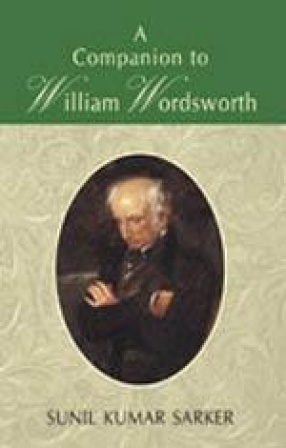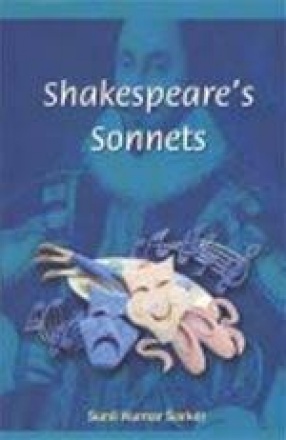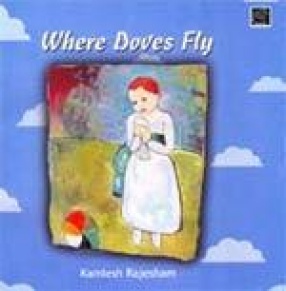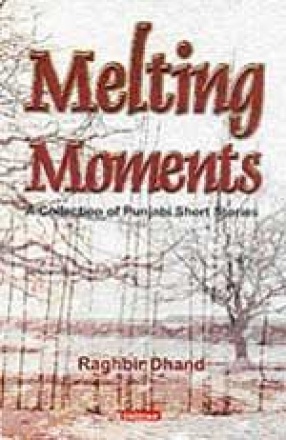J.M. Cohen wrote that Yeats was "the greatest figure in English poetry since the death of Tennyson", and Ezra Pound, who once went to yeats to learn how to write poetry, wrote about him: "I dare say…that up to date no one has shown any disposition to supersede him as the best poet in England or any likelihood of doing so for some time…" Yeats is a very complex and difficult poet, because there is in him a curious intermixture of romanticism, realism, mythology, supernaturalism, magic, ocultism, automatic writing, nationalism, ‘private philosophy’, and even prejudices. His poems are very compact, allowing no elaborations, and leaving gaps for the reader to imaginatively fill them up, and thus making them more difficult. Great explicators and commentators have, of course,come forward, but they themselves, sometimes, are either difficult or not enough. Therefore, the one single objective of this book is to introduce the poet to the general reader in an easy manner. To give an idea of the poet, as many as forty-one poems, selected from his four stages of poetic development, have been explained (and all those poems have been quoted in full). Yeats had also a metier for drama, and had been a pioneer of one act plays, and wrote no fewer than thirty plays. And so yeats has also been discussed as a dramatist, and, in addition, eight of his plays have been discussed at some length.
A Dictionary of Novel
$28.80
$32.00







There are no reviews yet.